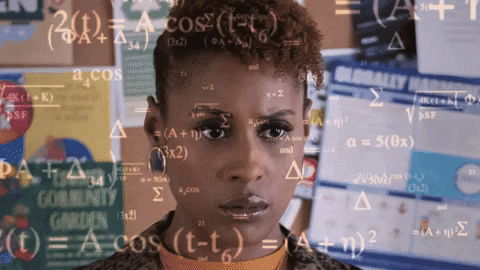
Updated 9/17/21
Your semantic memory (or recall of facts) is critically important to your career in medicine. Sure, it plays an important role in helping you get through med school, pass step exams and board exams, but in practice, what physicians know and remember can save lives. That fact alone really puts into perspective the importance of being able to remember relevant medical facts and information. But how does your memory really work? And what is the key to remembering more?
Let’s Examine How We Create Memories
 Episodic vs. semantic memory.
Episodic vs. semantic memory.
Our brain stores memories in two ways:
- Episodic memory is the memory of events, or episodes, in your life.
- Semantic memory is your recall of facts and acquired knowledge of the world beyond your experience.
You might think that event recall is entirely separate from your memory of facts. But these two are intrinsically connected. How do you learn a fact? You read about it, hear about it, watch a demonstration of it, or otherwise experience it. This experience enters your mind as episodic memory.
Semantic memory—the medical knowledge you need to know for a board exam—is not created in a separate process. Rather, you remember events, and the facts embedded in your experiences, and crystalize them into knowledge. A key point about semantic memory is that each semantic memory is automatically derived and strengthened during the process of consolidating multiple episodic memories containing the same information.
Do you remember how you learned your colors as a child? Probably not, unless something unusual happened while you were learning. Regardless, your knowledge of colors still started out as episodic memory. Someone showed you which colors were which, and then you practiced identifying them again and again. You may have lost your episodic memory of the process, but you retained the semantic memory that tells you which color is red and which is blue. When you study for an exam or update your knowledge, your experience—just like that of learning colors—is episodic.
How Do Episodic Memories Transform Into Semantic Memories?
 Make semantic memories from episodic memories.
Make semantic memories from episodic memories.
When memories change from episodic to semantic, the information is:
- Processed through the hippocampus
- Encoded and sent to various parts of the cortex
- Consolidated over the next hours and days
- Transformed into a long-term memory
This is an automatic process that your brain goes through to create semantic memories. You don’t even have to do anything to make it happen! But what can you do to make the memory more durable?
How to Use Episodic and Semantic Memory in Your Own Review
 Practice using recall to strengthen semantic memories.
Practice using recall to strengthen semantic memories.
Each time you recall information, your brain goes through the four steps above, in the same order, but with:
- More definition than you had before
- More information is attached as it’s re-encoded and reconsolidated
The more times you recall the information, the stronger the memory becomes. What starts out as an experience eventually becomes knowledge—information you can access at will. And that is the goal of all learning.
Build Strong Memories with Effortful Recall
The best way to use this technique to your advantage is self-testing. Repeatedly practicing your recall with Flashcards or Q&As will strengthen your medical knowledge and help you remember what you studied more accurately.
Even if you don't know the answer right away, take a minute and dredge up all the information you can remember that may be related. This is called "effortful recall." The more effort you put into recalling what you studied, the stronger your memory will be when it is reencoded and reconsolidated with new information.
Check out our StudyWise guide for more evidence-based tips on improving memory, additional study tips, and more!



